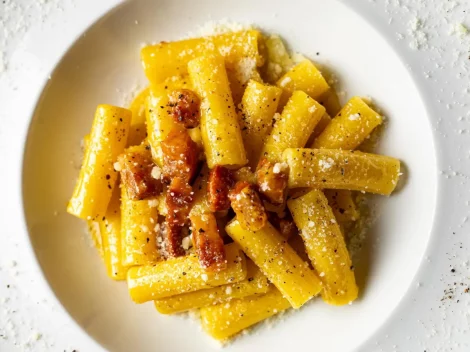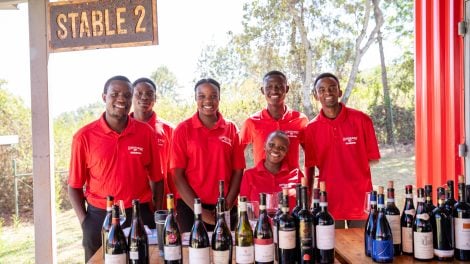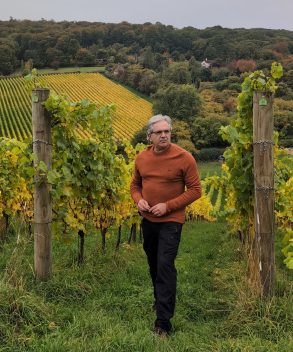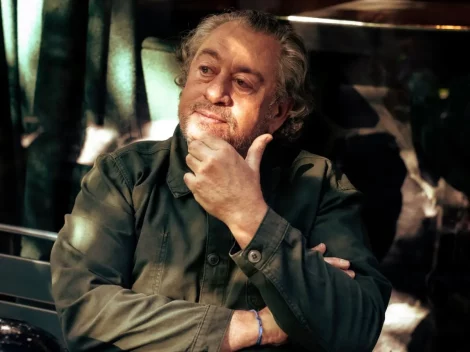We all start with the assumption that modern man is a born meat-eater, as a quick glance at human history would demonstrate. Moreover, mastery of fire, the development of language, the origin of labour division, the onset of social hierarchies, and even the emergence of culture could all be linked to hunting and meat consumption. Consequently, meat consumption is seen as a natural need of humanity, while vegetarianism is often interpreted as unnatural and perhaps even detrimental to health. However, experts from very different fields, such as paleoanthropologists and nutritionists, are now questioning these ideas.
Studies challenging the theory that "meat made us human"
In a 2022 study, a research group led by paleoanthropologists W. Andrew Barr of George Washington University and Briana Pobiner of the Smithsonian National Museum of Natural History systematically examined alleged archaeological evidence supporting the theory that "meat made us human".
Scientists gathered data from 59 sites in nine major research areas in East Africa, dating between 2.6 and 1.2 million years old. Subsequently, the team chronologically contextualised all previous bone findings. Archaeological evidence of meat consumption significantly rises when considering specimens linked to the appearance of Homo erectus species, researchers reported in the PNAS journal. However, they discovered that this trend reflects scientific focus on that period of evolutionary development; in other words, there is simply more material collected from sites related to early Homo erectus. Consequently, the picture is distorted, and the connection between meat consumption and the evolution of the Homo genus is skewed.
"Our study undermines the idea that consuming large quantities of meat drove the evolutionary changes in our early ancestors," stated Barr in a press release. Harvard primatologist Richard Wrangham goes further. He argues that the most significant revolution in human diet did not occur when we started eating meat, but when we learned to cook. According to him, by pounding and heating food, they become predigested, and our bodies expend less energy in breaking them down. Cooked food would, therefore, allow humans to absorb more energy than raw food, ultimately providing more fuel to the brain in less time.
The adaptability of our metabolism is the true key to evolution
Throughout human history, meat has never replaced other components of the diet but rather complement them. 'Throughout their evolution, humans have always consumed what was available to them,' explained Hans Hauner, a professor of nutritional medicine at the Technical University of Munich, to Spektrum. It is not, therefore, meat consumption that makes us human, but rather our enormous metabolic adaptability. “Humans, unlike many other animals, can extract from various food sources in their environment what ensures their survival.” Our muscles can burn carbohydrates, but they can also metabolise fatty acids. Similarly, our brains can switch from a diet based on sugars, at least in part, to a ketogenic diet.
The impact of meat consumption today
What was true for our ancestors is not necessarily still true today. For instance, the availability, composition, and preparation of food have changed enormously since early humans began eating meat, and even more so since humans learned to cook food to make it more easily digestible and nutrients more accessible. Today's reality is quite different. A cutlet might sometimes be more economical than a sack of potatoes, yet its production consumes far more resources. Around 77% of the world's arable land is used for meat and dairy production, even though animal products only provide approximately 18% of the world's total calorie intake.

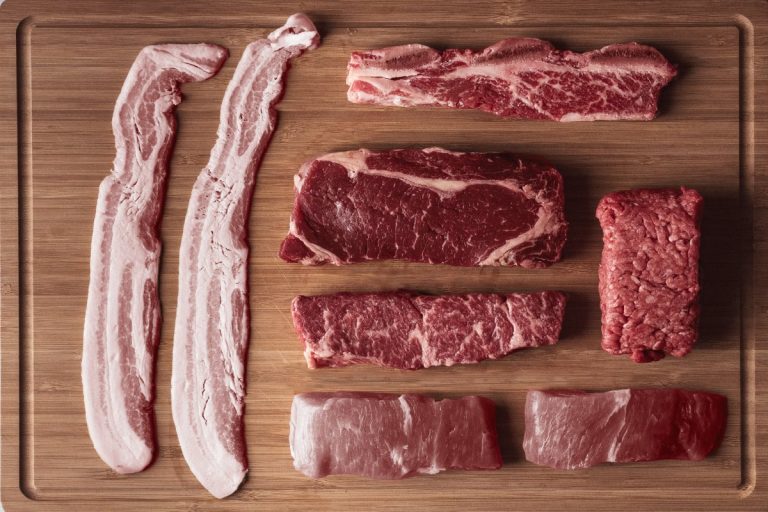
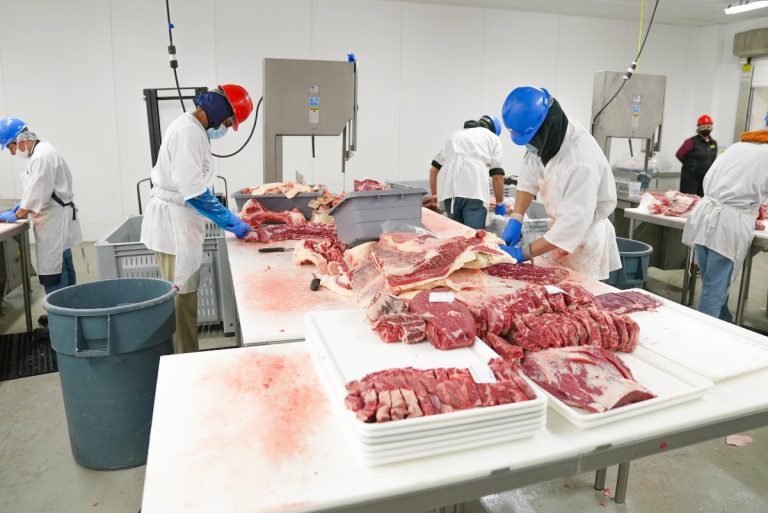
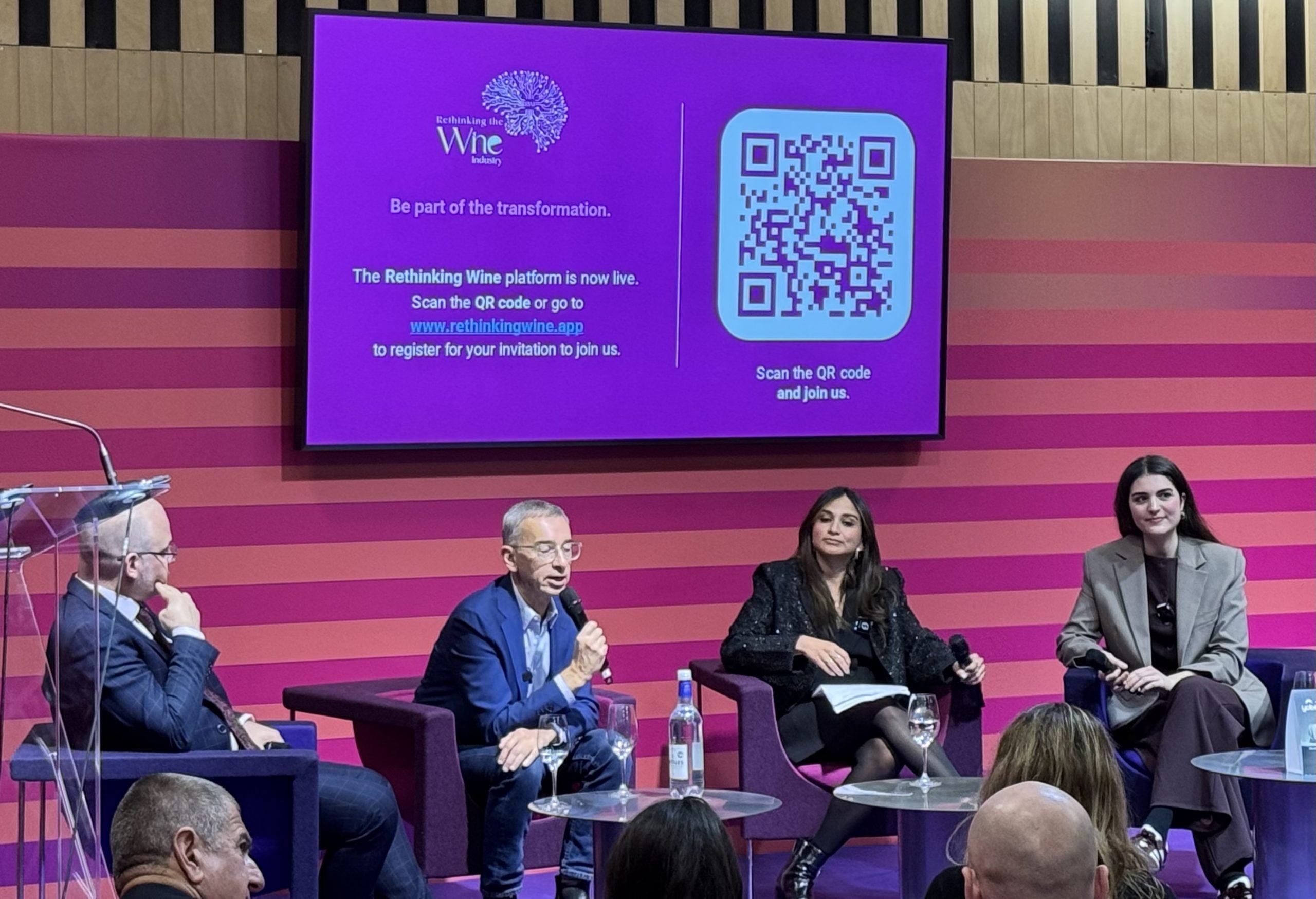 'Why are we doing the same things again and again if they are not working?'
'Why are we doing the same things again and again if they are not working?' 'You cannot imagine how magnetic Etna is!'
'You cannot imagine how magnetic Etna is!'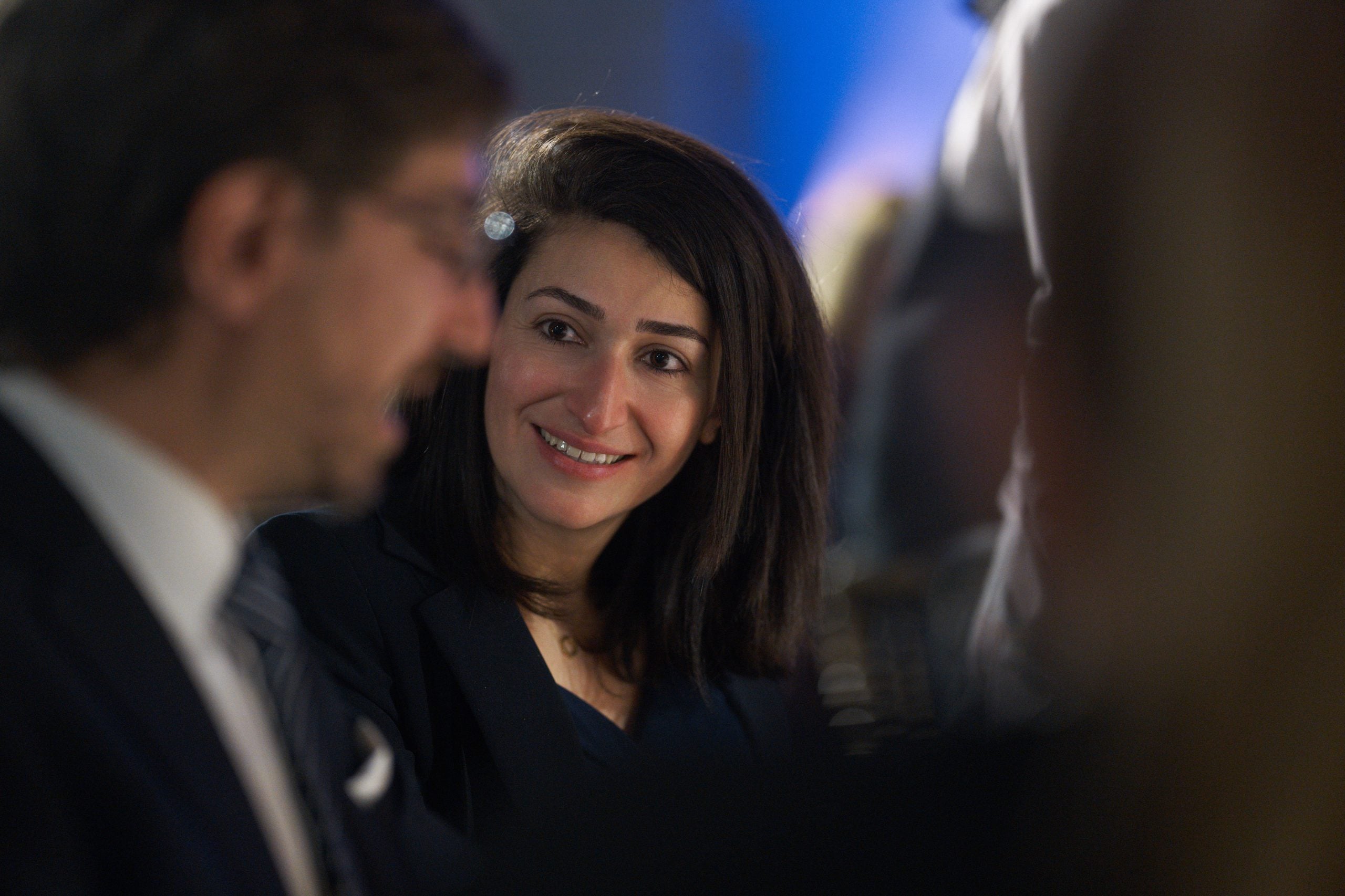 'To be the global platform, we must take everyone and everything into account'
'To be the global platform, we must take everyone and everything into account' What did Italian producers think of Wine Paris 2026?
What did Italian producers think of Wine Paris 2026?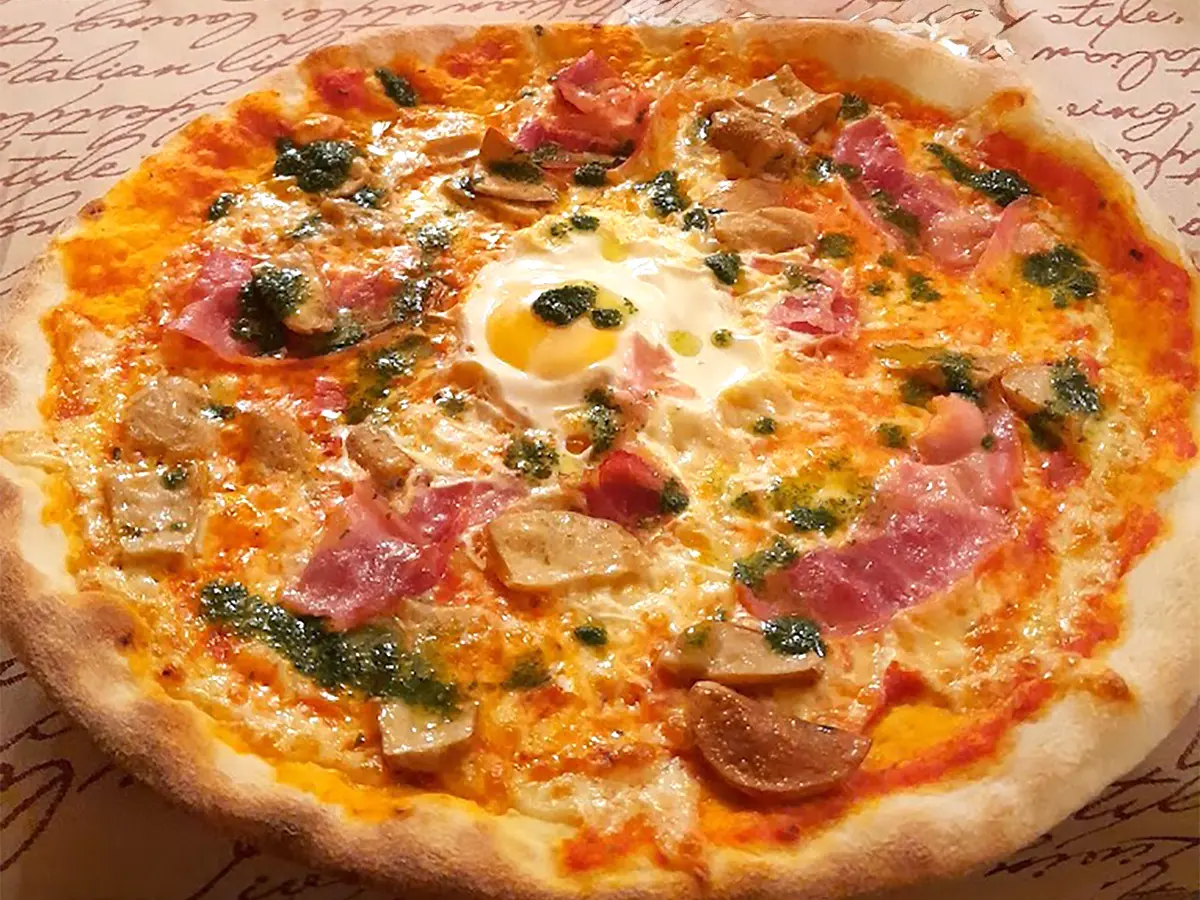 The pizza that’s taking the Winter Olympics by storm
The pizza that’s taking the Winter Olympics by storm